Together with the emergence of e-commerce business model, the marketing activity has been transformed into a more dynamic digital marketing. Not just online platforms, but conventional business also has been incorporating digital marketing into their fold. So, what is exactly digital marketing? What differentiates it with traditional marketing? What job opportunities it offers?
Here is a brief intro about Digital Marketing and its importance in modern business practice.
First, What is Marketing?
Marketing is a group of business activities to promote products or services (or both) offered by the company or business itself. It includes running advertisements, running promotional offers or discounts, engaging & interacting with the customers, etc. Basically, marketing is a whole activity of acquiring customers, retaining them, and eventually increasing the sales; all done in order to boost the growth of a business. It’s quite important for marketing people to match the customers’ needs with the business service or products, as it ensures purchases & profitability.
Without marketing efforts, it’d be a bit difficult to grow a business.
There are 2 main functions of marketing; Product Marketing and Marketing Communication. Product Marketing is responsible to develop strategy on how to position the product or service in the market, identify competitive differentiation, formulate pricing, and to brief the sales and other marketing teams as well on how craft the message and approach customers.
Marketing Communication on the other hand, is responsible to convey the message developed by Product Marketing, and build relationship with customers based on the previously developed strategy. The goal is to retain and maintain customers, build trusts & relationships, by steadily announcing product/service value & providing real solutions for them.
What About Digital Marketing?
Marketing efforts run in both offline and online channels. Offline channels, we usually saw it all the time. For example, TV ads, radio, newspapers, brochures, and billboards. They are usually one-way communication, not focused on specific targets, difficult to measure, most of the time is expensive.
Digital Marketing is what online channels are.
Online channels can be divided into 2 parts; Organic & Paid. Organic means utilizing online channels that don’t directly required marketers to spend money, while Paid is self-explanatory and usually provide immediate results. The examples for organic channels are Content Marketing, SEO (Search Engine Optimization), Social Media, E-mail Marketing, etc. And for Paid is usually related with ads (e.g., Social Media Ads, Google Ads, etc.).
There are 3 factors that affect the way you choose the right channels for your business;
- Scalability
- Targeting
- Customer Acquisition Cost
Scalability is about how big the marketing channel you’re planning to use. Targeting refers to what type of audience you’re planning to have the ads shown, while Acquisition Cost is how much cost you’re planning to spend to get a single customer to make a purchase.
For example, if you want to have high scalability with low acquisition, and for long term, then you should invest in SEO. If you want to have low scalability, low cost, and just want to show your business on specific audience, then you should go for organic social media post. On the other hand, if you want to have a really high scalability, and would like to target specific demographic, and also willing to have a bigger cost, then you should go for Social Media Ads.
All can be adjusted to your needs, and more importantly, the performance and results of those channels can be measured. The insights you get can be utilized to develop better strategies in the future. It’s way much faster and more accurate than traditional marketing; and that’s why it’s really important to have digital marketing implemented in the current business condition.
Various Roles of Digital Marketing
With many businesses now implementing and developing their own Digital Marketing team, many new opportunities arise for job seekers. Here are several of the career path that both fresh-grad and experienced worker can try to learn and apply;
Performance Marketing
- Digital Ads Specialist
- PPC Specialist
- Digital Marketing Specialist
- Paid Advertising
- Paid Social Marketing
Social Media
- Digital Marketing Specialist
- Social Media Specialist
- Social Media Officer
- Content Marketer
SEO
- Digital Marketing Specialist
- SEO Analyst
- SEO Specialist
- SEO Content Writer
- SEO Outreach Specialist
CRM
- Digital Marketing Specialist
- CRM Specialist
- CRM Analyst
Finally, we all know now the importance of digital marketing for both business owners and job seekers.
If you have further questions about digital marketing jobs, or would like us to help you find digital marketing candidates for your business, just send us an e-mail at talent@hubbedin.com, and one of our recruiters will get in touch with you.
Don’t forget to sign up, and build your own customized landing page for your profile.

